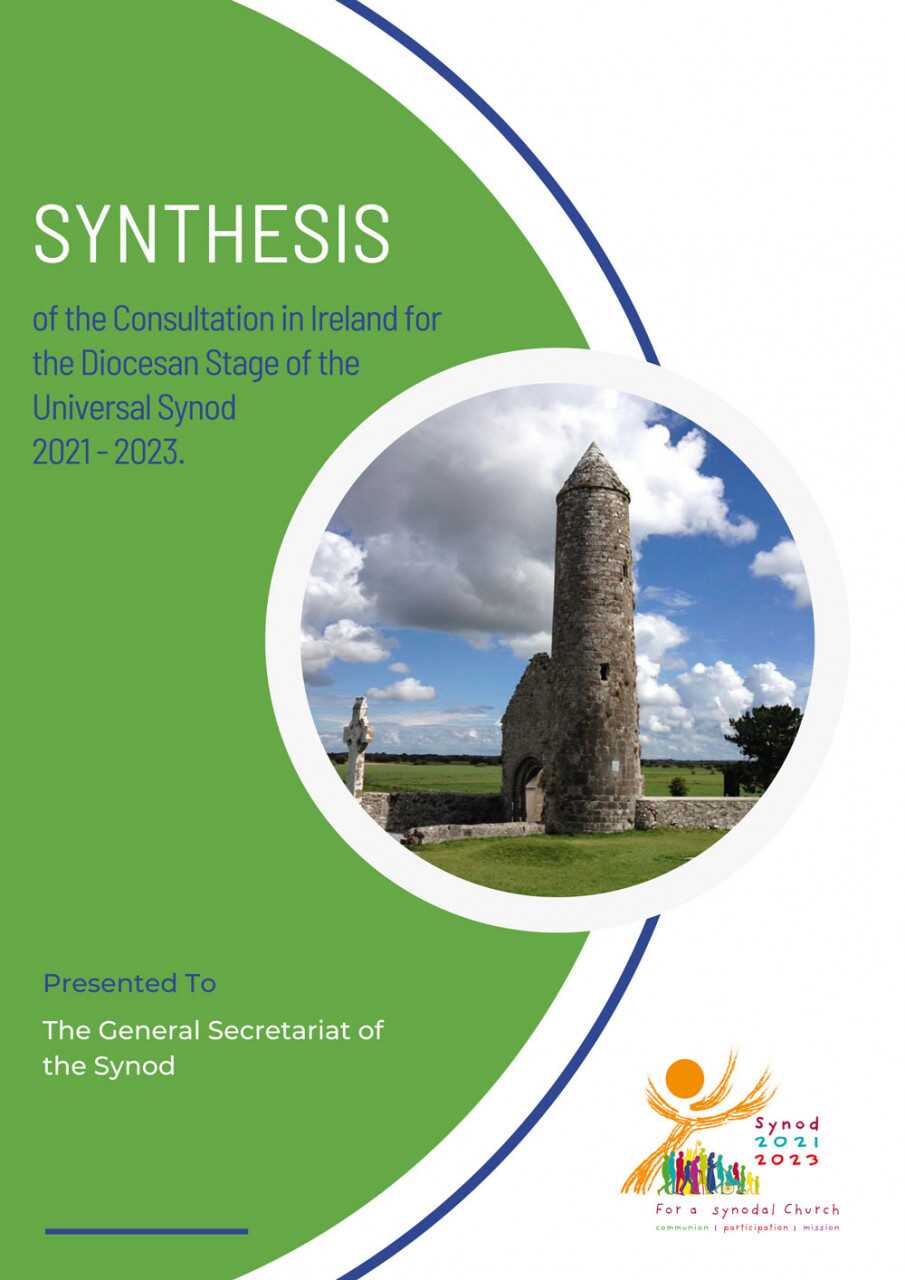Sunday, 21 August 2022
Jesus continues his walk to Jerusalem. This is not just a journey to challenge the Jewish authorities. It is also a model for the journey of each follower in every time and place. What do we learn today?
Firstly, he warns his listeners about dumbing down the message. He uses the image of a narrow door. He himself will walk the narrow path to Calvary. Those who are prepared to follow him have to take his call seriously. He was speaking generally to his listeners. After all, the apostles were wondering about who would get the big jobs when Jesus came into his Kingdom. They assumed that power was the way to spiritual success. But Jesus points out that there is a narrow way to Calvary that is the only way to glory. And Jesus is also speaking an uncomfortable truth to the Jews. They assumed that they are guaranteed a pathway to heaven just because they were members of the Chosen People and had the Law. Jesus goes beyond the Jewish Law and refers to the shedding of his blood and to the fact that the Kingdom of God is open to people of all nations. Today, Jesus challenges our cosy assumptions about God and being Christ's follower. We will be very surprised by who ends up in heaven! And we should be wary about any form of faith that the door to heaven is so wide that anybody can dander in!
When a church believes it ought merely to adapt to changing cultural priorities and cease to be a stone in society's shoes, then we have stopped listening for the voice of the Lord. The world will not be changed by a church whose standards are merely human. The world will be transformed by grace when people of faith seek the narrow gate and God's priorities.
by Author
Thirdly, the trials of the journey are not merely unnecessary burdens on the way. The challenges are part of the process of becoming a holy disciple of Jesus. Life is difficult. The Christians' way of life involves grappling with the hard knocks of life because we believe that God is at world in our own personal Calvary. It was by struggling with temptation and with the fear of the Cross that Jesus faced awful physical and mental suffering. It would be crazy to follow the cultural message of salvation by self-indulgence. It is a strange and damaging message which tells us that, when something goes wrong, somebody else has to be blamed for it and to pay me for what has happened. The New Testament offers us a different vision in our second reading. We are being trained by the trials of life so that we might learn to journey in trust and become holy. Suffering – the letter to the Hebrews tells us – is part of your training. That ties in well with my earlier point. God wants to break our confidence in our own limited imagination. That will involve shattering the glass ceiling which I construct to keep out disappointments. It is an unhealthy faith which believes that my priorities do not have to be refashioned. It is delusional for a Christian to believe that what I want and propose must be enacted. Saints led by gracious and loving example. As Jesus pointed out, those who most love to criticise and condemn others need to look inwards rather than seeking a solution somewhere else to their pain.
On this journey to Jerusalem, Jesus is forming his little band of followers to face the scandal of the Cross. We celebrate that divine foolishness each time we gather for Mass. The narrow gate calls us enter the Garden of Gethsemane even though we know it will be a place of distress and challenge. 'Not my will but yours be done' is the trust of Jesus. Are we prepared as a church to seek the narrow gate and be ready to help others to find it? Are we ready to believe that suffering is part of our training in faith? A church based on anything else is not of God.
+ Donal McKeown
